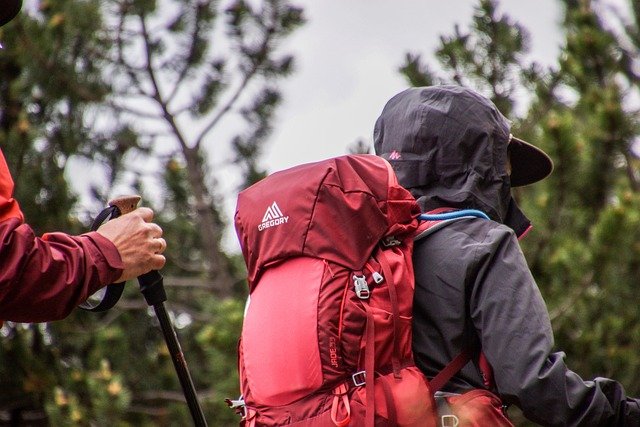Student Backpacking: A Comprehensive Guide for Adventure Seekers
Backpacking trips allow students to explore new regions affordably while carrying all essentials in a backpack. These journeys often emphasize cultural exchange, outdoor activities, and personal growth. Planning includes budgeting, safety, and selecting appropriate gear.

What is student backpacking and why is it popular?
Student backpacking refers to a style of budget travel that involves carrying one’s belongings in a backpack while exploring various destinations. This travel method has gained popularity among students for several reasons. Firstly, it’s cost-effective, allowing travelers to stretch their limited budgets further. Secondly, backpacking offers flexibility and freedom, enabling students to change their itineraries on a whim. Lastly, it provides opportunities for personal growth, cultural immersion, and the development of essential life skills such as adaptability and problem-solving.
How can students plan their backpacking adventure?
Planning a backpacking trip as a student requires careful consideration and preparation. Start by determining your budget and desired destinations. Research visa requirements, vaccination needs, and any travel advisories for your chosen countries. Create a rough itinerary, but leave room for spontaneity. Consider factors such as climate, local festivals, and peak tourist seasons when planning your route. It’s also wise to book essential accommodations in advance, especially during high seasons, while leaving some nights open for flexibility.
What essential gear should student backpackers pack?
Packing light is crucial for student backpackers, as you’ll be carrying everything on your back. Essential items include a sturdy backpack (40-60 liters), comfortable walking shoes, weather-appropriate clothing, a first-aid kit, and important documents (passport, visa, insurance). Don’t forget toiletries, a quick-dry towel, a padlock for hostel lockers, and a universal power adapter. Technology essentials may include a smartphone, portable charger, and perhaps a lightweight laptop for studying or working remotely.
How can students stay safe while backpacking?
Safety should be a top priority for student backpackers. Research your destinations thoroughly and stay informed about local customs and potential risks. Purchase comprehensive travel insurance that covers medical emergencies and trip cancellations. Keep important documents and valuables secure, and use hostel lockers when available. Stay aware of your surroundings, especially in unfamiliar areas, and trust your instincts. It’s also wise to share your itinerary with family or friends and check in regularly.
What budget-friendly accommodation options exist for student backpackers?
Student backpackers have various budget-friendly accommodation options to choose from, helping them extend their travel funds. Here’s a comparison of popular choices:
| Accommodation Type | Average Cost per Night | Key Features |
|---|---|---|
| Hostels | $10 - $30 | Shared dorms, social atmosphere, kitchen facilities |
| Couchsurfing | Free | Stay with locals, cultural exchange, network building |
| Budget Hotels | $30 - $60 | Private rooms, basic amenities, less social |
| Camping | $5 - $20 | Outdoor experience, nature proximity, equipment needed |
| University Dorms | $20 - $40 | Available during summer, campus facilities, student-friendly |
Prices, rates, or cost estimates mentioned in this article are based on the latest available information but may change over time. Independent research is advised before making financial decisions.
How can students make the most of their backpacking experience?
To maximize your backpacking experience, embrace the local culture and step out of your comfort zone. Try local cuisines, learn basic phrases in the local language, and participate in cultural activities. Connect with fellow travelers and locals to gain unique insights and potentially form lifelong friendships. Consider volunteering or taking short courses to enhance your skills and contribute to the communities you visit. Document your journey through photos, journaling, or blogging to preserve memories and share your experiences with others.
Backpacking as a student offers an unparalleled opportunity for personal growth, cultural exploration, and adventure. By carefully planning your trip, packing smartly, prioritizing safety, and remaining open to new experiences, you can embark on a journey that will not only broaden your horizons but also shape your perspective on the world. Remember, the essence of backpacking lies in the experiences you gather and the memories you create along the way.




